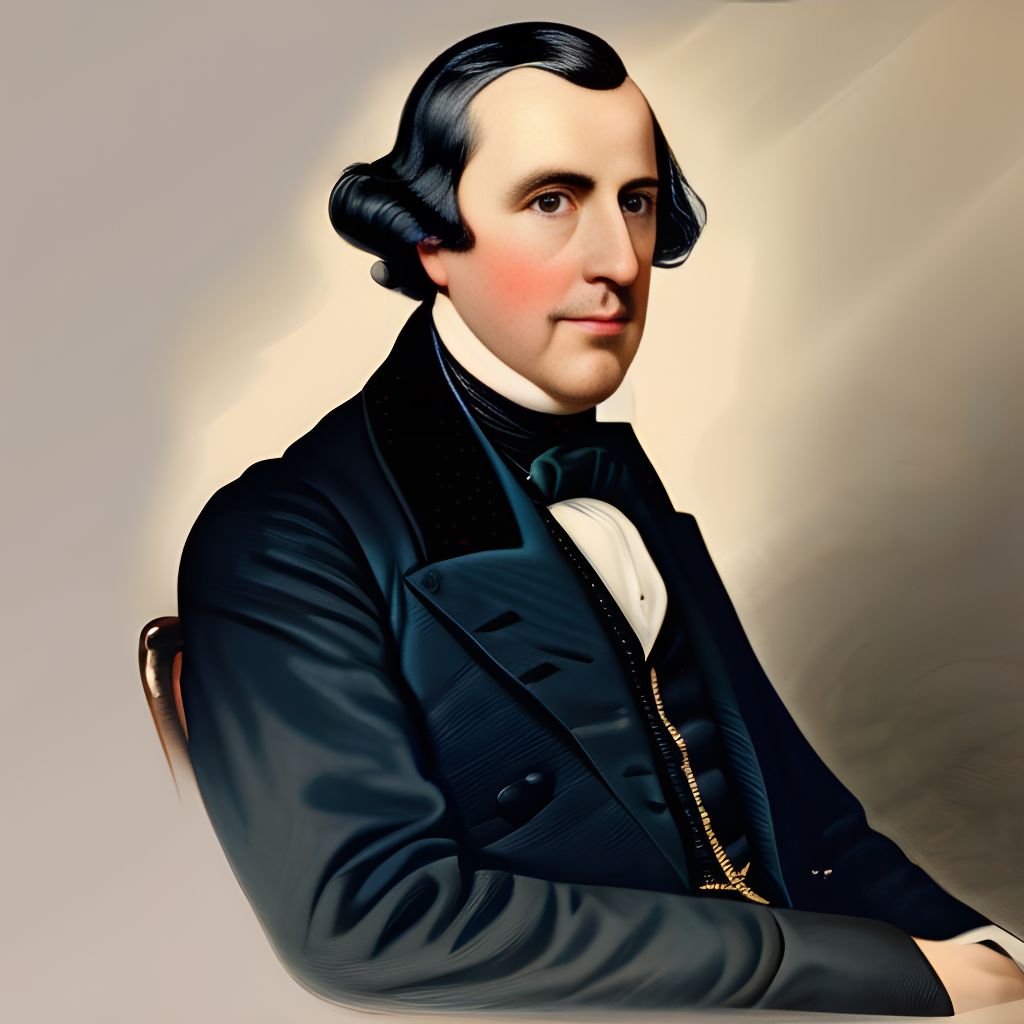139 reads
How the Holy Spirit, through much sorrow, prepared the disciples to behold Jesus risen from the dead
by
November 9th, 2023
Audio Presented by

Edwin Abbott Abbott FBA was an English schoolmaster, theologian, and Anglican priest, and author.
About Author
Edwin Abbott Abbott FBA was an English schoolmaster, theologian, and Anglican priest, and author.
